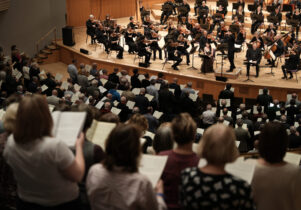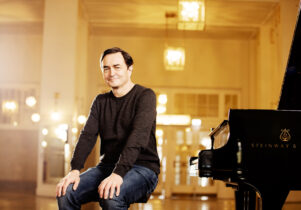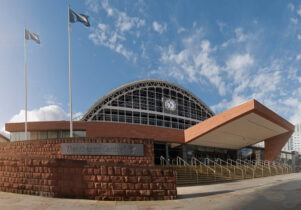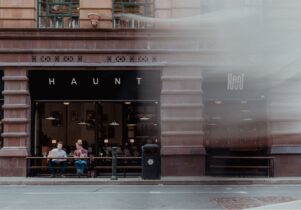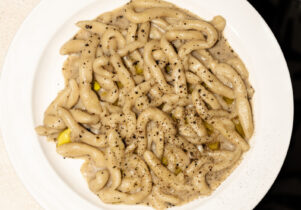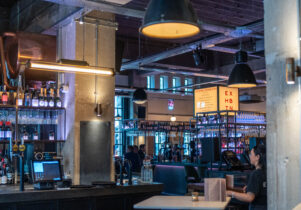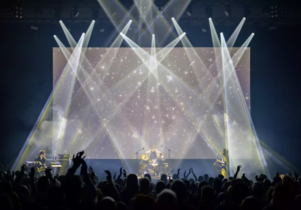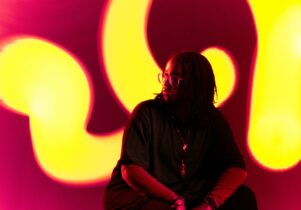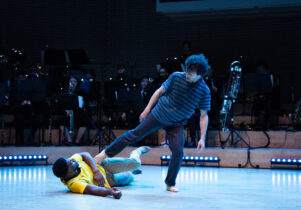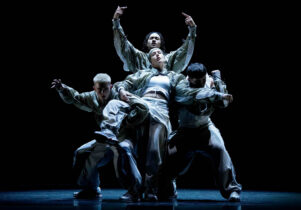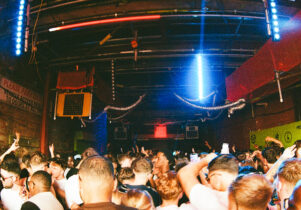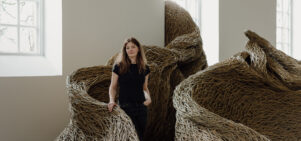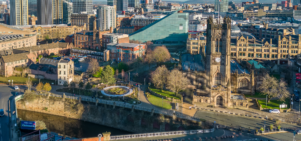The Hallé – Beethoven’s Seventh Symphony at The Bridgewater Hall
Johnny James, Managing Editor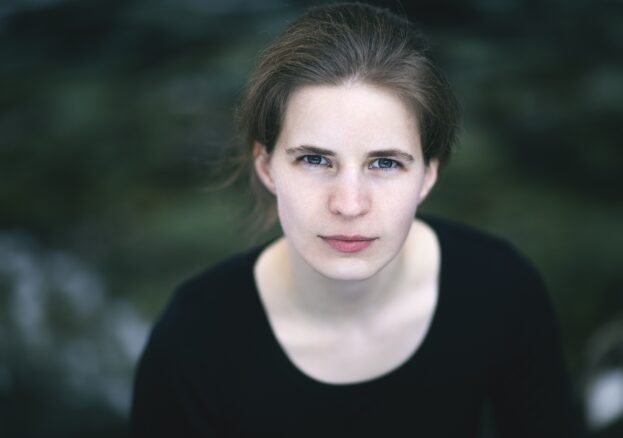
2.15pm and 7pm
The second concert in the Hallé Summer Season 2021 sees young Norwegian conductor Tabita Berglund return to the Hallé podium, conducting a programme of Beethoven, Wagner and Osvaldo Golijov.
Written under the clouds of ill health and romantic failure, Beethoven’s Seventh Symphony is, against all odds, one of the composer’s most ebullient works. Described by Richard Wagner as “the apotheosis of the dance”, the symphony’s opening movement is full of nimble dotted rhythms, sudden dynamic changes and abrupt modulations. This leads to a slow, funerary second, before a rollicking Presto third, which bursts into being with ecstatic joy. The boisterous finale is even more heart-pounding, subverting expectation with its whirlwind speed, rhythmic complexity and muscular prowess – summed up by Tchaikovsky as “a whole series of images, full of unrestrained joy, full of bliss and pleasure of life”.
Before Beethoven we’ll hear Siegfried Idyll, Wagner’s gift to his wife Cosima, named after their son. First performed in the Wagner household on Christmas morning 1870, this symphonic poem finds the composer in an unusually tender and reflective mood as he enshrines his love for his wife. The main theme is a generous and lilting melody inspired by a summer spent with Cosima at Villa Pellet, overlooking Lake Starnberg. A second theme, introduced by the oboe, is a lullaby Wagner jotted down on New Year’s Eve 1868. Unusually personal and restrained for a composer who lived a life of excess, the music reflects the intimate nature of its premiere. Playing trumpet on that Christmas morning was none other than the Hallé’s future Music Director, Hans Richter, who learned the instrument for the occasion, reportedly sailing out to the centre of Lake Lucerne to practice in secrecy.
Polishing off the programme is Osvaldo Golijov’s Last Round. Born in 1960 in La Plata, Argentina, Golijov grew up surrounded by the tango, especially as espoused by Astor Piazzolla, whose works incorporated elements of jazz and classical music. Golijov conceived Last Round as a “sublimated tango dance” in revered memory of Piazzolla, “the last great tango composer”, who died suddenly of a stroke in 1992. Reflective of a traditional tango orchestra, the composer splits his orchestra into two opposing bands who face each other, with violins and violas standing. “The bows fly in the air as inverted legs in crisscrossed choreography”, says Golijov of the effect, “always attracting and repelling each other, always in danger of clashing, always avoiding it with the immutability that can only be acquired by transforming hot passion into pure pattern.”
No doubt this will be a thrilling concert at The Bridgewater Hall. If, however, you’re unable to attend, then you can stream a recording of the concert via thehalle.vhx.tv from Thursday 24th June.
